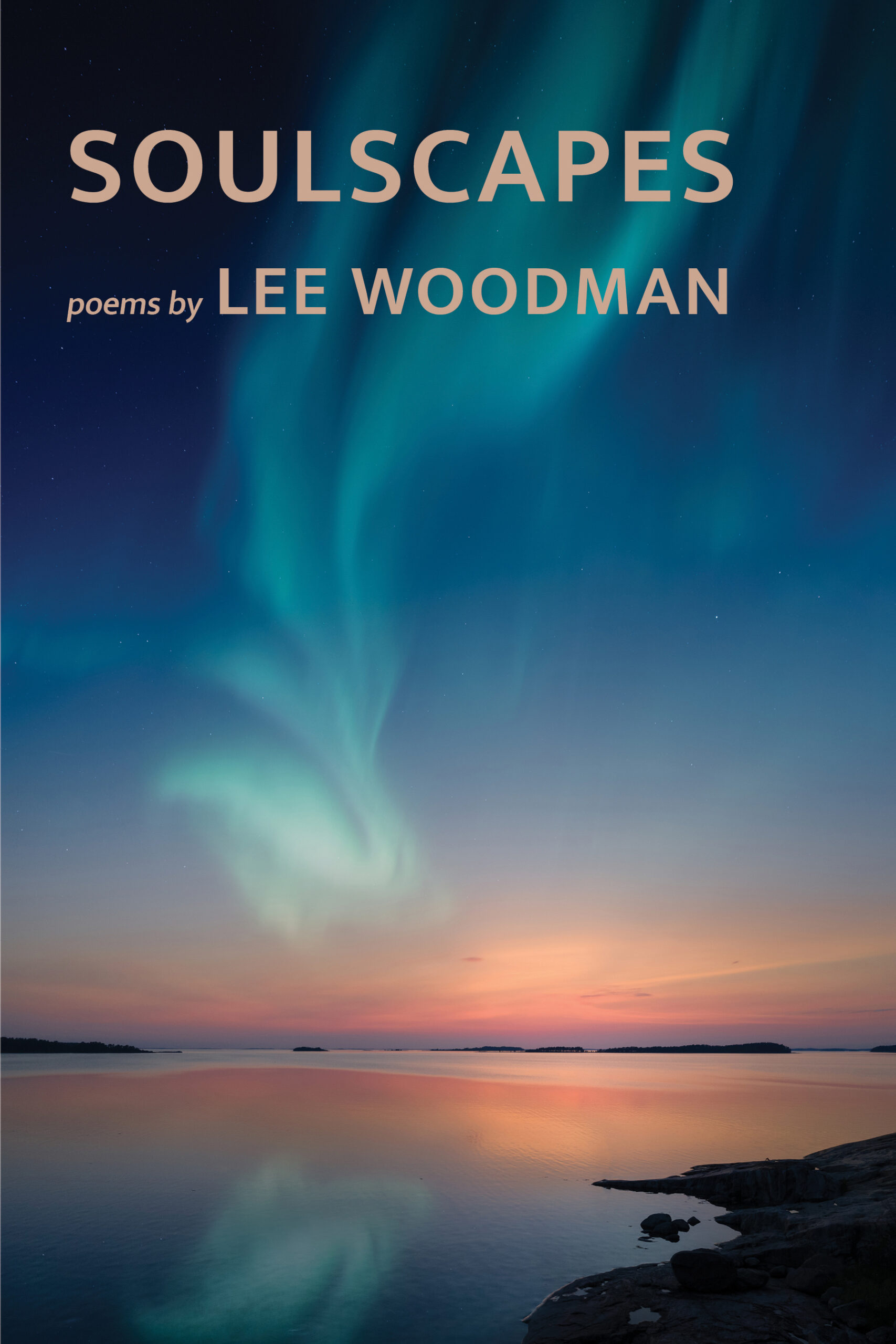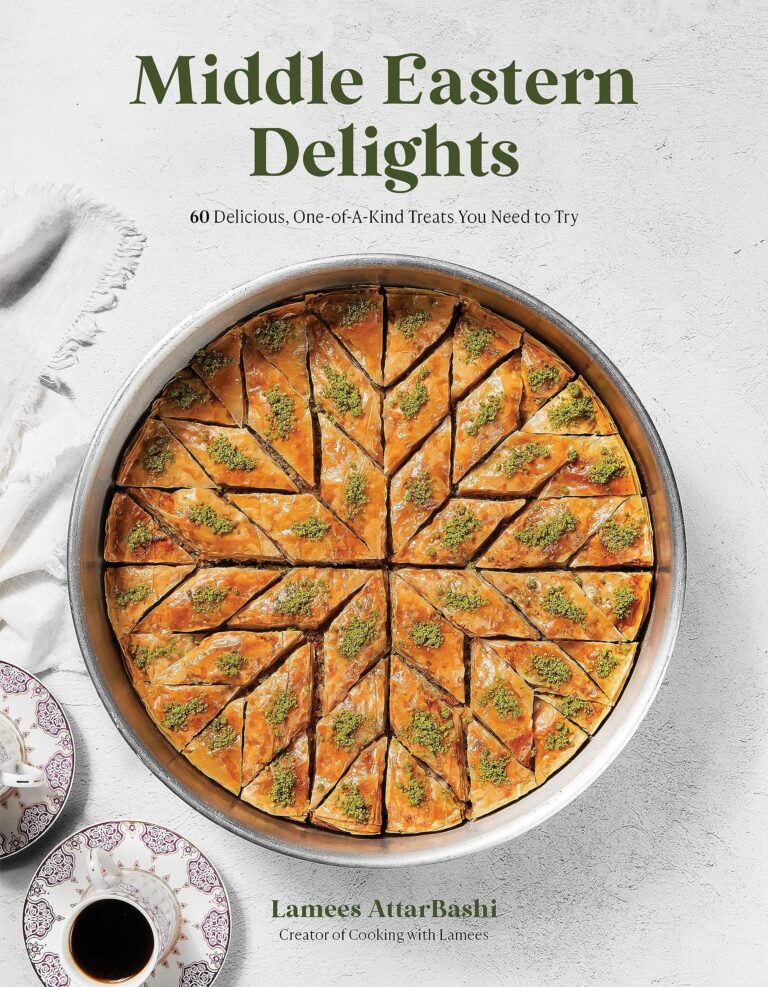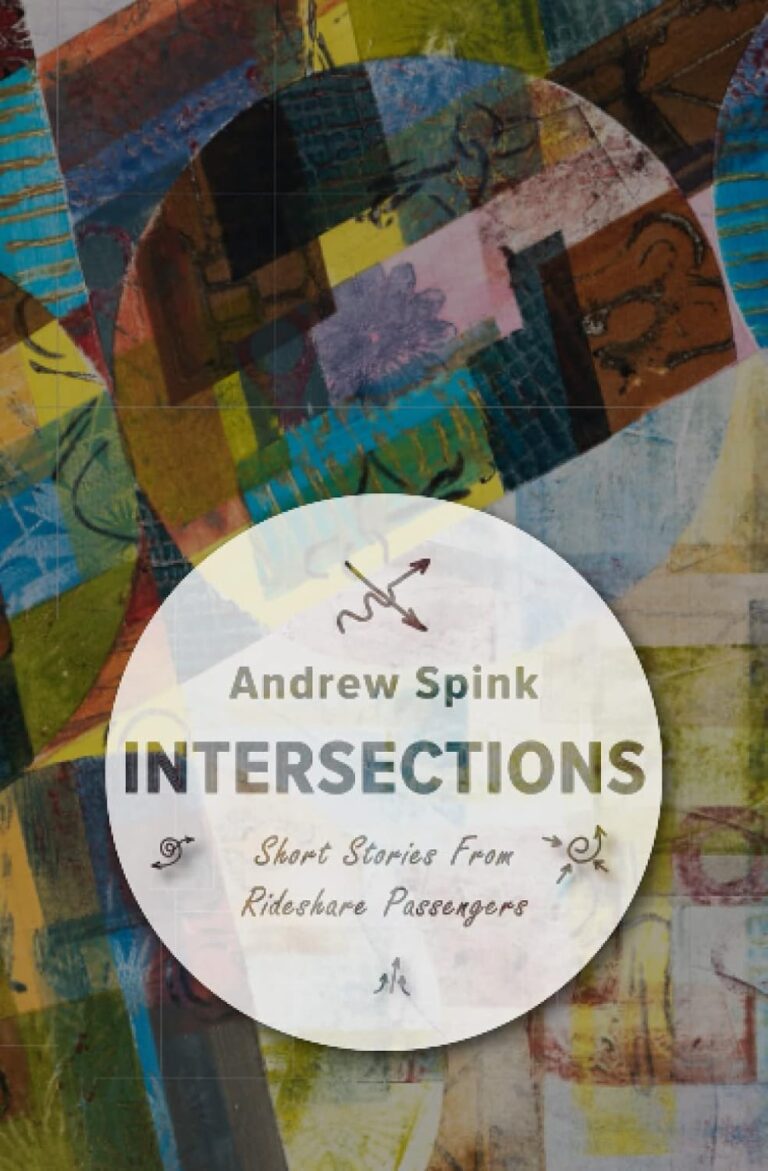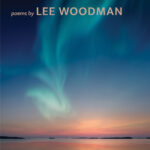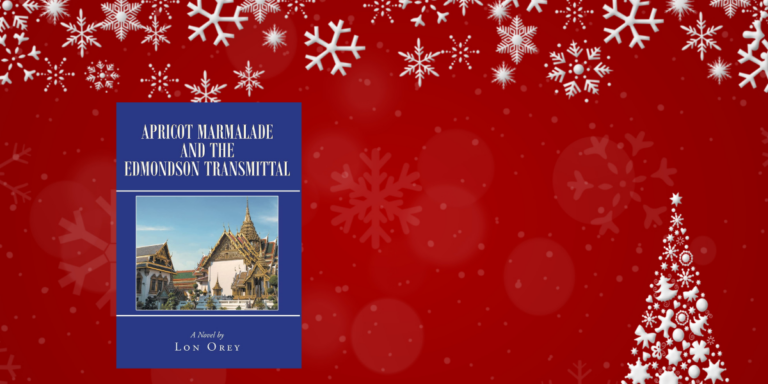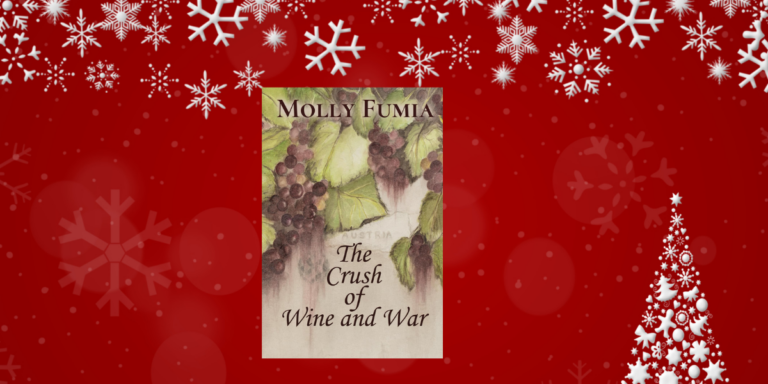Soulscapes, the fifth installment in Lee Woodman’s captivating “Scapes” series, is a poetic odyssey that delves into the multifaceted ways humans seek a connection with and understanding of the divine, whether that be through organized religion, individual spirituality, or some other avenue. Woodman describes herself as a seasoned seeker, a rational sceptic, and a believer in things unexplained by logic, and in this volume she fearlessly embarks on a journey that spans the diverse landscapes of spirituality, drawing inspiration from an eclectic array of faiths.
For instance, in “A Child Asks,” the collection’s opening poem, Woodman presents the perspective of someone questioning the nature of god, determining “I think, not darkly, God is death.” This poem suggests an inherent understanding of godliness, even if the specifics differ from person to person. By contrast, in “Bodhisattva of Compassion,” Woodman turns her attention to a particular religion and describes a family’s—likely her own, given her globetrotting childhood—transformative encounter with the young Dalai Lama.
In this way, Soulscapes serves as a conduit that allows readers to engage in far-ranging spiritual exploration from the relative safety of their own time and place. Indeed, through Woodman’s curiosity, readers are encouraged to discover, acknowledge, and contemplate all (potential) gods with an open heart. The poems also diverge into less traditional/more controversial spiritual domains, such as the perspectives of the deceased as they haunt the living in “Ghosts of the Dead” and the possibility of past life regression in the aptly named “Past Life.”
What also sets Soulscapes apart is Woodman’s profound dedication to bridging the gap between the scientifically grounded real world and the magical and mysterious unknown world, as evidenced in her descriptions of nature in “Climbing the Rohtang Pass” and “Benumbed.” In fact, all the poems reflect a growing understanding of the interconnectedness of the universe, weaving together the threads of empirical knowledge and the allure of the mystical. The result is a collection that transcends the boundaries of conventional belief systems, inviting readers to ponder the expansive nature of existence.
Given its many divergences along infrequently traversed spiritual paths, Soulscapes will particularly appeal to those, like Woodman, with a keen interest in “ways of knowing” beyond traditional religions. While this “knowing” can encompass the great mysteries of life and monumental events, such as concept of pestilence and its relevance to the COVID-19 pandemic as explored in “Grasping for Faith, A Ballad,” it can also entail appreciation of the initially smaller seeming and more mundane facets of existence, including the vital importance of the bonds of family, as Woodman elucidates in “Fillilulu.”
Through its collection of engaging and thought-provoking poems, Soulscapes details Woodman’s ongoing expedition into the realms of the divine, celebrating the many facets of spiritual existence and inviting readers to contemplate the commonalities that underly the vast diversity of human faith and experience.
SOULSCAPES
